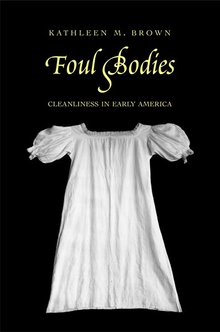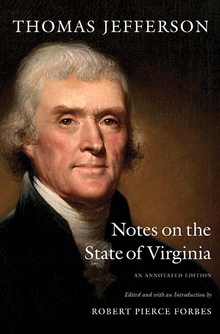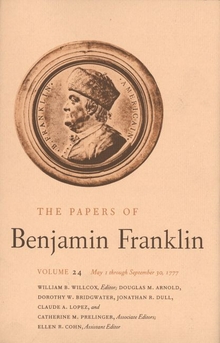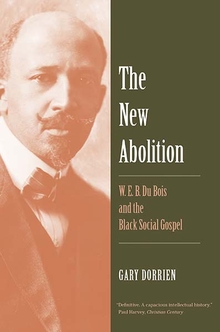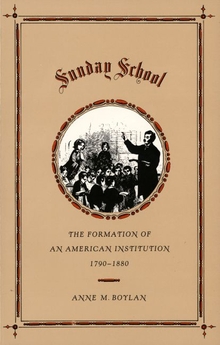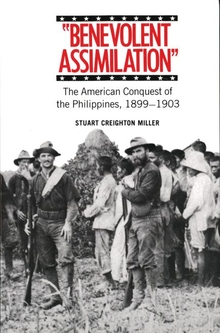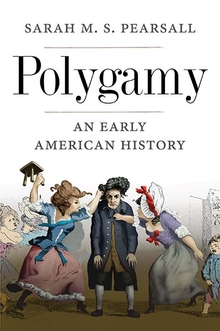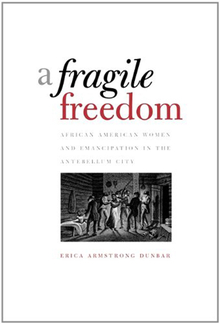Foul Bodies
WARNING
You are viewing an older version of the Yalebooks website. Please visit out new website with more updated information and a better user experience: https://www.yalebooks.com
Cleanliness in Early America
Kathleen M. Brown
Out of Print
Click here to watch Kathleen Brown discuss her book at the University of Pennsylvania.
In colonial times few Americans bathed regularly; by the mid-1800s, a cleanliness “revolution” had begun. Why this change, and what did it signify?
"It is the author's ability to appreciate and represent the almost tactile circumstantiality of life that makes Foul Bodies so special—and so readable."—Charles E. Rosenberg, author of Our Present Complaint: American Medicine, Then and Now
"Brown has framed an intriguing new area of research and gathered a surprisingly rich source of textual evidence. Marvelous."—Laurel Thatcher Ulrich, author of A Midwife's Tale: The Life of Martha Ballard, Based on Her Diary, 1785-1812
A nation’s standards of private cleanliness reveal much about its ideals of civilization, fears of disease, and expectations for public life, says Kathleen Brown in this award-winning cultural history. Starting with the shake-up of European practices that coincided with Atlantic expansion, she traces attitudes toward “dirt” through the mid-nineteenth century, demonstrating that cleanliness—and the lack of it—had moral, religious, and often sexual implications. Brown contends that care of the body is not simply a private matter but an expression of cultural ideals that reflect the fundamental values of a society.
The book explores early America’s evolving perceptions of cleanliness, along the way analyzing the connections between changing public expectations for appearance and manners, and the backstage work of grooming, laundering, and housecleaning performed by women. Brown provides an intimate view of cleanliness practices and how such forces as urbanization, immigration, market conditions, and concerns about social mobility influenced them. Broad in historical scope and imaginative in its insights, this book expands the topic of cleanliness to encompass much larger issues, including religion, health, gender, class, and race relations.
"A fascinating and innovative book that connects with some of the biggest themes in early American history."—Mary Fissell, Johns Hopkins University
"Brown has framed an intriguing new area of research and gathered a surprisingly rich source of textual evidence. Marvelous."—Laurel Thatcher Ulrich, author of A Midwife's Tale: The Life of Martha Ballard, Based on Her Diary, 1785-1812
“Foul Bodies offers readers the highest reward of historical scholarship: the ability to see their own actions in new and wiser ways. Under Kathleen Brown's intense scrutiny things as routine as bathing become complex and consequential historical productions.”—Mary P. Ryan, Johns Hopkins University
"A wonderful book and an astute mixture of unobtrusive theory and dogged research. Brown links ideology and value, the negotiation of gender, class and race, with the body as lived and performed. But it is the author's ability to appreciate and represent the almost tactile circumstantiality of life that makes Foul Bodies so special—and so readable."—Charles E. Rosenberg, author of Our Present Complaint: American Medicine, Then and Now
“With path breaking and provocative precision, Foul Bodies analyzes the historical body. Brown shows how trans-Atlantic migrations and gendered body work co-determine race and class hierarchies and define civility, cultural values and citizenship. This text enriches previous scholarship immeasurably.”—Susan E. Cayleff, San Diego State University
Winner of the 2009 Society for Historians of the Early American Republic Book Award, given by the Society for Historians of the Early American Republic
Publication Date: January 27, 2009
35 b/w illus.

